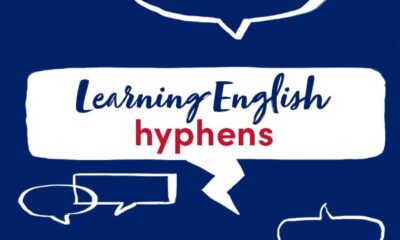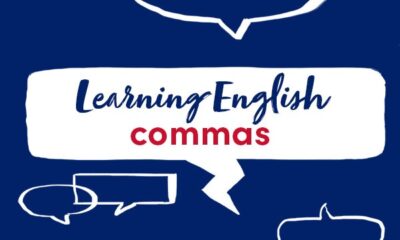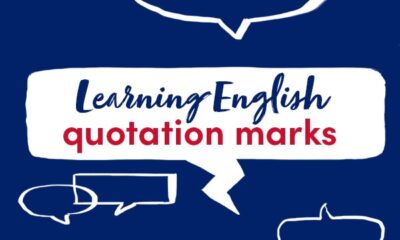Our last article helped you to talk about places to live or to stay when you are away from home.
When you are looking for somewhere to live or stay, you may have to talk about yourself. To say what your name is, use I’m … or My name’s … .
I’m Gracia.
Hi, I’m Barbara – I’ve come to look at the room.
My name’s Alejandro Perez. I’ve booked a room for tonight.
Hello, my name’s Mrs Keane. I’d like to speak to one of your estate agents, please.
To give general information about yourself, use I’m … .
I’m French, but I’m studying here.
I’m very tidy.
I’m the owner of the flat, but I don’t live here.
To talk about your work, use I’m a … with the name of a job, or I work … to say something more general about what you do.
I’m a student.
I’m a teacher.
I work at the airport.
I work for a transport business.
I work as a translator.
Useful words
book to arrange to have or use something, such as a hotel room or a ticket to a concert, at a later time
an estate agent a person whose job is to sell buildings or land
tidy liking everything to be in its correct place
transport a system for taking people or things from one place to another in a vehicle
a translator someone whose job is to say or write things again in a different language
Our next blog post will explain how you can ask for information so come back again soon!



